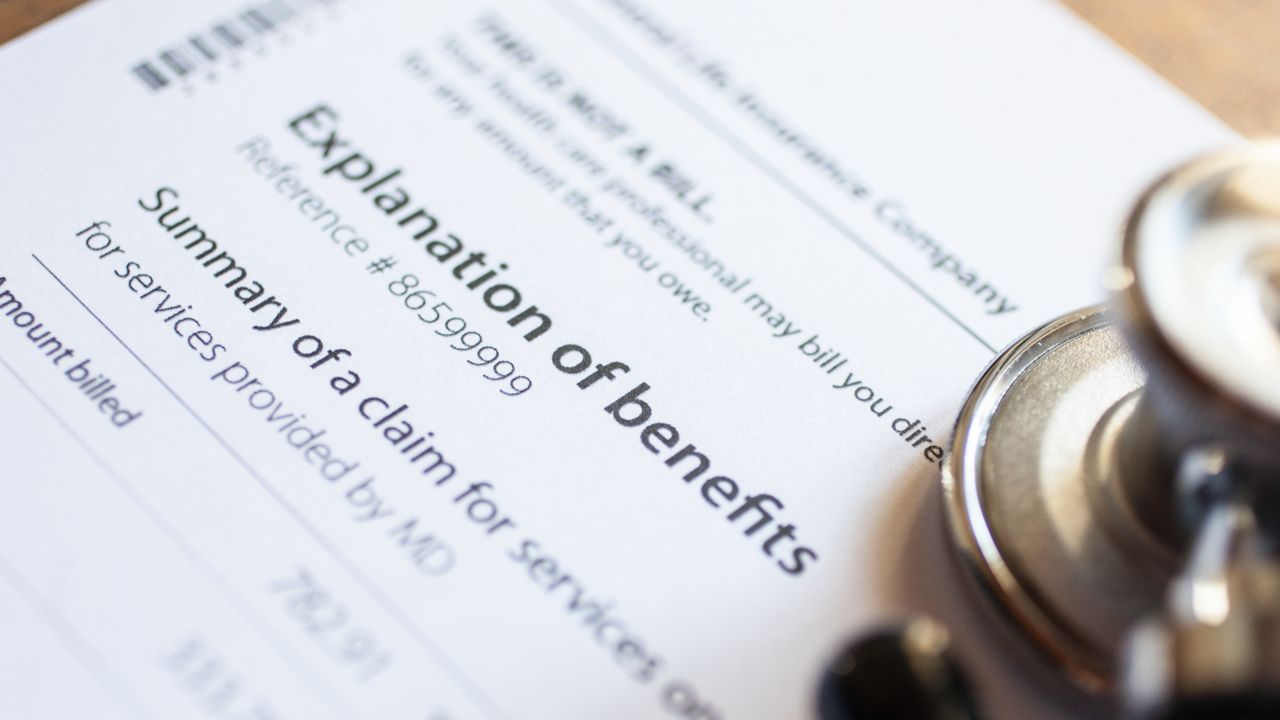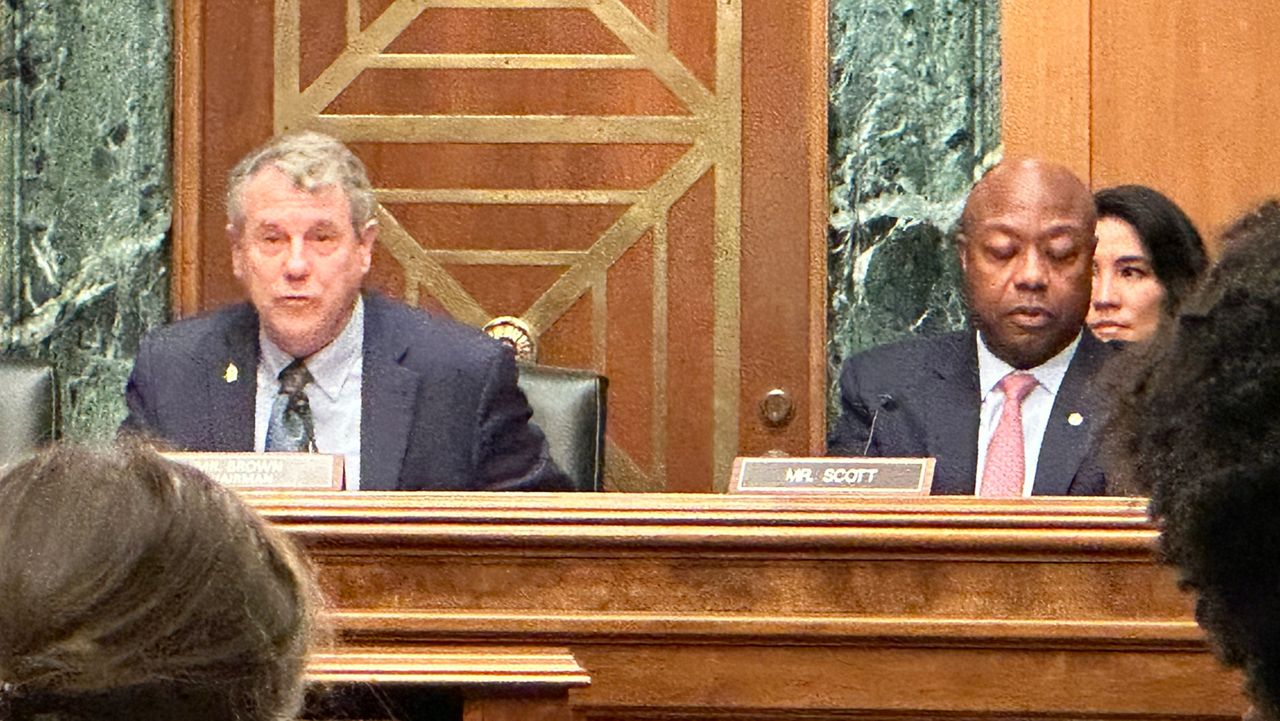COLUMBUS, Ohio — A bill that has passed the Ohio House aims to ease the burden of property taxes in Ohio. "The Homeowners Relief Act" is being described as "a temporary solution" by lawmakers who say inflation is impacting homeowners property taxes.
"Taxes don't care," State Rep. Thomas Hall, R-Madison Township, said. "They don't care where you live. They don't care what party you represent or what party you support. Taxes will affect everybody."
Hall is a sponsor of the legislation, and said it’s a bill that’s trying to change the way property values are calculated. Right now, one of the factors used is home sale data from the past year. However, if this bill passes it would instead take into consideration three years worth of data.
"We believe that this is a short-term solution," Hall said. "That's why we just included that three-year sunset. We in no way want this to be the only thing that the legislature does to affect property tax reform."
The changes put forth in this bill could help lower property tax values for some homeowners through 2025. Meanwhile, the bill could also freeze taxes for senior citizens who may be struggling to keep up with inflation.
"Ohio homeowners are being put in a position where they don't have a whole lot of options," Ralph Mantica, president of Ohio REALTORS said. "We're literally getting to the point where we're going to be forcing people out of their homes."
Mantica said inflation has put many Ohioans at risk of losing their homes, and says this bill creates a cap on property taxes that could be beneficial.
"Overall, it's going to basically try to level out the tax burden on Ohio homeowners and not give them such a large increase," Mantica said.
The County Auditors Association of Ohio said this plan comes with consequences.
The group issued a statement that said in part:
"The timing for the passage of the bill, even with an emergency clause that would allow it to go into effect immediately, would wreak havoc on timely certification, require counties that have already finalized amounts to redo those numbers, and cause tax amounts to be different for the first and second half of 2024."
Others in the community worry that the proposal will take away money from programs that rely on tax dollars.
"One negative side to it is that it's going to lead to signify losses in revenue for schools," Zach Schiller, research director of Policy Matters Ohio said. "Counties and community colleges and all of the other taxing entities that rely on the property tax."
Schiller said there are other solutions Ohio should consider to combat the inflation problem such as a circuit breaker system.
"It would say the state would, as 20 or 30 other states around the country do in some fashion," Schiller said. "It would say if you pay more than a certain amount of your income and property tax, the state is going to pick up the difference or is going to pick up a significant portion of that."









